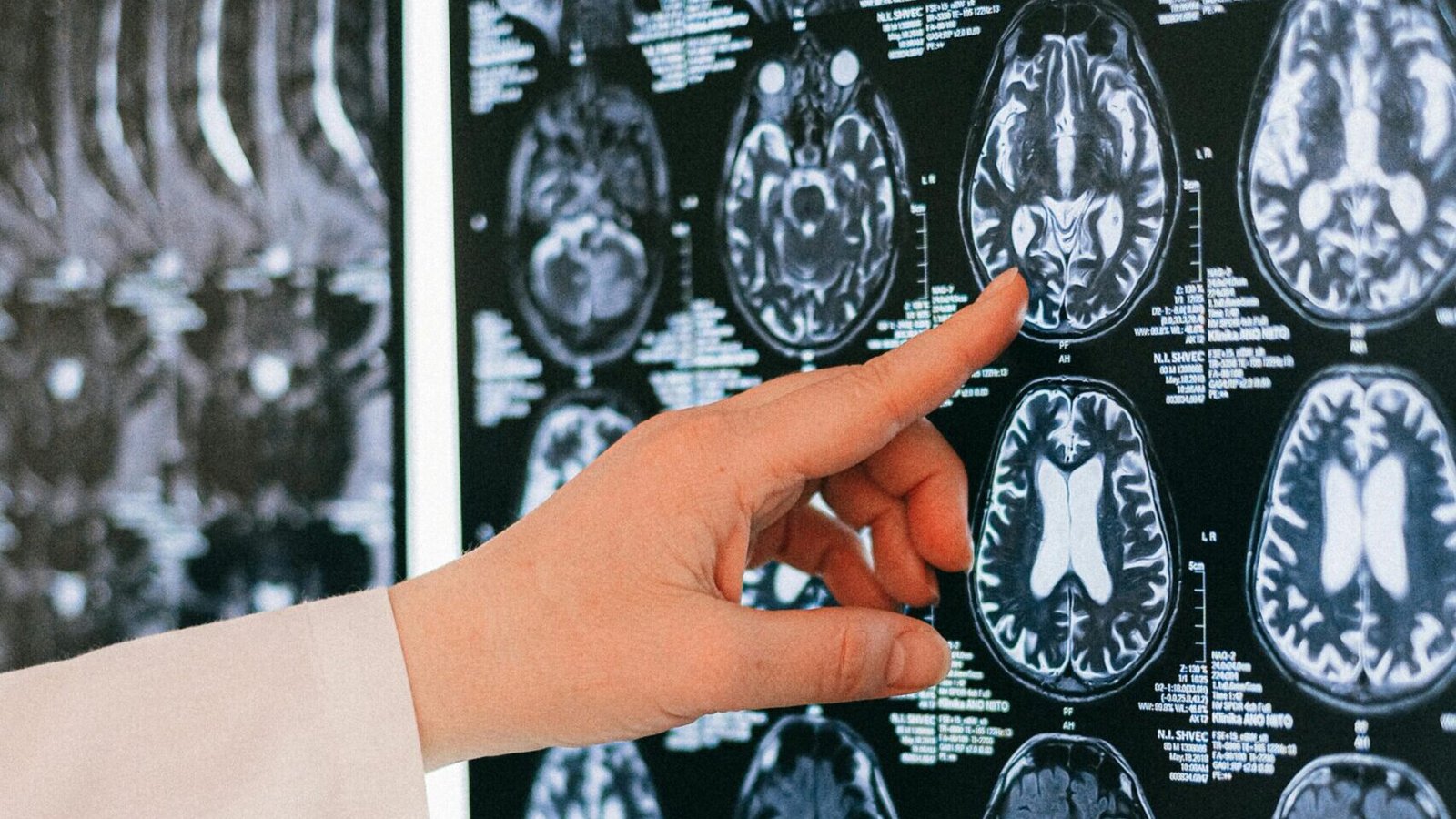Running isn’t just about getting from point A to point B – it’s a journey that can profoundly impact your brain health and overall well-being. In this comprehensive guide, we’ll explore the fascinating world of neuroscience to uncover the many benefits that running offers for your brain. By examining the latest scientific studies and evidence, we’ll unravel the complex neurology behind running. Whether you’re an experienced runner or someone lacing up their shoes for the first time, you’ll be amazed by the transformative power of running on the mind. Join us as we delve into the incredible ways running can enhance your brain health and overall wellness.
Understanding Neuroplasticity: How Running Shapes the Brain
At the core of the neurological benefits of running lies a phenomenon called neuroplasticity – the brain’s remarkable ability to adapt and reorganize in response to experiences and stimuli. When you run, your brain undergoes a series of complex changes that promote the growth of new neurons and the formation of connections between existing ones. This process, known as neurogenesis and synaptogenesis, is essential for maintaining cognitive function and promoting brain health. Running not only helps to keep your brain sharp but also supports its long-term resilience and adaptability.
Scientific Evidence:
- A study published in the Journal of Neuroscience found that aerobic exercise, such as running, promotes neurogenesis in the hippocampus, a brain region involved in learning and memory. You can read the full article here – [Running increases cell proliferation and neurogenesis in the adult mouse dentate gyrus.]
- Research published in the Proceedings of the National Academy of Sciences suggests that exercise-induced neuroplasticity may play a role in improving cognitive function and protecting against age-related cognitive decline. The original article is here- [Exercise training increases size of hippocampus and improves memory.]
Enhancing Cognitive Function: How Running Boosts Brain Power
Numerous studies have demonstrated the cognitive benefits of running, showing that regular exercise can enhance memory, attention, and executive function. Running has been linked to increased levels of brain-derived neurotrophic factor (BDNF), a protein that supports the growth and survival of neurons in the brain. Higher levels of BDNF are associated with improved cognitive function and a reduced risk of neurodegenerative diseases such as Alzheimer’s and Parkinson’s.
Scientific Evidence:
- A meta-analysis published in the British Journal of Sports Medicine concluded that aerobic exercise interventions, including running, are associated with improvements in cognitive function across multiple domains, including memory, attention, and processing speed. You can read the original articles here- [Exercise interventions for cognitive function in adults older than 50: a systematic review with meta-analysis]
- Research published in the journal Neuroscience Letters found that higher levels of BDNF were associated with better performance on cognitive tasks in older adults who engaged in regular aerobic exercise. Read the original article here- [Exercise training increases size of hippocampus and improves memory]
Elevating Mood: Running Your Way to Happiness
One of the most well-known benefits of running is its ability to improve mood and reduce symptoms of depression and anxiety. When you run, your brain releases a cascade of neurotransmitters and hormones, including endorphins, serotonin, and dopamine, which act as natural mood elevators and stress relievers. Additionally, the rhythmic motion of running can induce a state of relaxation and mental clarity, helping to alleviate feelings of tension and anxiety.
Scientific Evidence:
- A study published in the journal Medicine and Science in Sports and Exercise found that aerobic exercise, such as running, was effective in reducing symptoms of depression and anxiety in adults with major depressive disorder. You can read the original article here [Exercise and Pharmacotherapy in the Treatment of Major Depressive Disorder]
- Research published in the Journal of Psychiatry & Neuroscience suggests that exercise-induced increases in endorphin levels may contribute to the mood-enhancing effects of running and other forms of aerobic exercise. The original article is here [Beta-endorphin response to exercise. An update]
Protecting Brain Health: Running for a Sharper Mind
As we age, our brains undergo changes that can impact cognitive function and memory. However, research suggests that regular exercise, such as running, can help to preserve brain health and reduce the risk of age-related cognitive decline. Studies have shown that older adults who engage in regular physical activity experience slower rates of cognitive decline and have a reduced risk of developing dementia and other neurodegenerative diseases.
Scientific Evidence:
- A systematic review published in the journal Ageing Research Reviews found that physical activity interventions, including aerobic exercise like running, were associated with improvements in cognitive function and a reduced risk of dementia in older adults. The original article is here [The effect of physical activity on cognitive function in patients with dementia: A meta-analysis of randomized control trials]
- Research published in the journal Neurology suggests that engaging in regular physical activity, such as running, may help to preserve brain volume and reduce the risk of developing Alzheimer’s disease. The original article is here [Exercise is associated with reduced risk for incident dementia among persons 65 years of age and older]
Conclusion: Embrace the Neurological Benefits of Running
From promoting neuroplasticity and enhancing cognitive function to elevating mood and protecting brain health, the neurological benefits of running are undeniable. Whether you’re looking to sharpen your mind, lift your spirits, or simply enjoy the exhilarating feeling of pounding the pavement, running offers a multitude of rewards for both body and mind. So lace up your shoes, hit the ground running, and discover the transformative power of this simple yet profound activity on your brain health and overall well-being.

